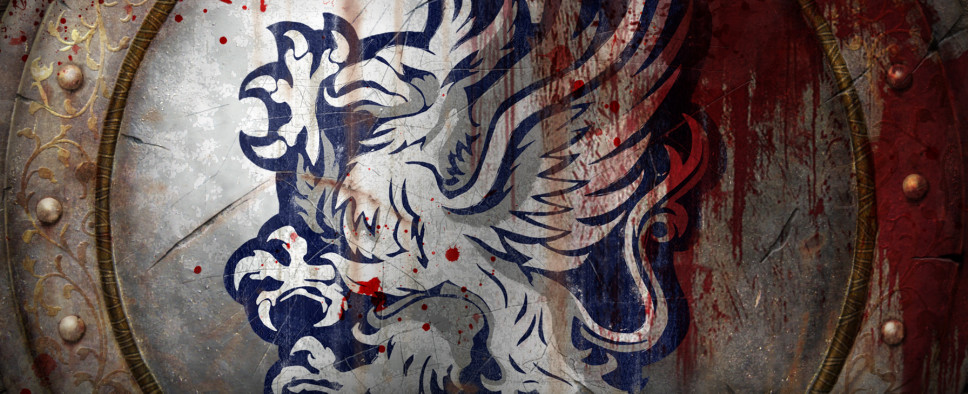BioWare 2000-2009 Period Interview
-
Category: News ArchiveHits: 5756

RPG Codex has published an interview with ex-BioWare developer Brent Knowles, who was the lead designer on Dragon Age: Origins, with a particular focus on the PC-focused titles BioWare published during the first decade of the 21st century. There's a lot of interesting insight into BioWare's evolution and the development of Neverwinter Nights and Dragon Age: Origins, so I recommend you visit the site and read the full piece for yourself. Here's an excerpt on Dragon Age: Origins' long development cycle:
Games with such a long development cycle usually turn out to have gone through several different iterations, often with very different concepts behind them. Can you give us an overview of Dragon Age's previous incarnations? How different was the end product from what you initially had in mind back in 2004?
I think the high level design behind Dragon Age matches up fairly well with early plans (though this is almost ten years ago and my memory of it may not be entirely accurate). A big change I do remember was a move from a High Fantasy setting to a more realistic world. I do not remember when that happened exactly but that was a fairly significant shift. But it happened pretty early on.
Another change was with regards to the rules. We spent a lot of time working with a simulator (and pen-and-paper play) to balance the original rule set, but once the final engine was ready, much of that balancing was invalidated as the rules underwent significant changes to accommodate animation and art requirements that I failed to foresee.
The art and the minutia of how the game played also changed quite a bit (re: the delays I previously mentioned), but the actual concept of selecting Origins and having those be a lens through which the player views the rest of the game, stayed fairly the same.
We built the game originally in the Neverwinter Nights engine, so we were able to play through story quite early on and iterate on individual plots -- obviously without real assets or cinematics. It was harder to get a feel for the full narrative in these prototype builds (i.e., the over-arching plot connections) but it helped us develop a feel for how the individual origin stories would work, and allowed us to evaluate each plot, well before the final engine was ready.
Obviously once we ported the content into the new engine we ran into new difficulties, but I don't remember any of those hurdles necessitating major changes, directly.
Was Dragon Age's long development time a factor in the change in direction the series was forced to undergo? Like, did somebody decide that "Dragon Age: Origins-type RPGs just take too long to develop, so we can't make them anymore"? I don't know. Obviously nobody liked how long it took for Dragon Age to be completed, but I think it was more a case of Mass Effect succeeding really well.
Though a smaller game from a content point of view, Mass Effect still felt like a big game (for many players, at least). The player voice and cinematic treatment made it extremely attractive. It became more difficult over the years to argue for doing anything markedly different from what Mass Effect was doing. It was a project that struck much closer to its schedule, did very well (ratings and sales) and had the wow factor (the Silent Protagonist of DA: Origins never had the appeal that Shepard did, whether in company meetings, publisher proposals, or on press tours).
Basically, a voiced protagonist, and the cinematic elements required to pull that presentation off properly, makes it extremely risky to attempt an asset heavy game like Dragon Age: Origins.
...
To a lot of fans, it feels like EA was horrified by what Dragon Age was. Like, "Oh my god, what is this relic? You guys never said anything about a tactical party-based RPG! I thought we were buying Mass Effect! How do we sell this?" Puzzlingly, it seems like that attitude persisted even after the game proceeded to sell fairly well on release. They didn't seem proud of it - instead, it was like they were downplaying it, like they were ashamed of it. Is there any truth to that perception?
I don't really know. I wasn't with the company by the time Dragon Age was released. I know marketing groups have always had problems with tactical party-based RPGs. They are not as sexy as first person shooters, for example, and it takes a skilled marketing team to brand and sell games like these.

